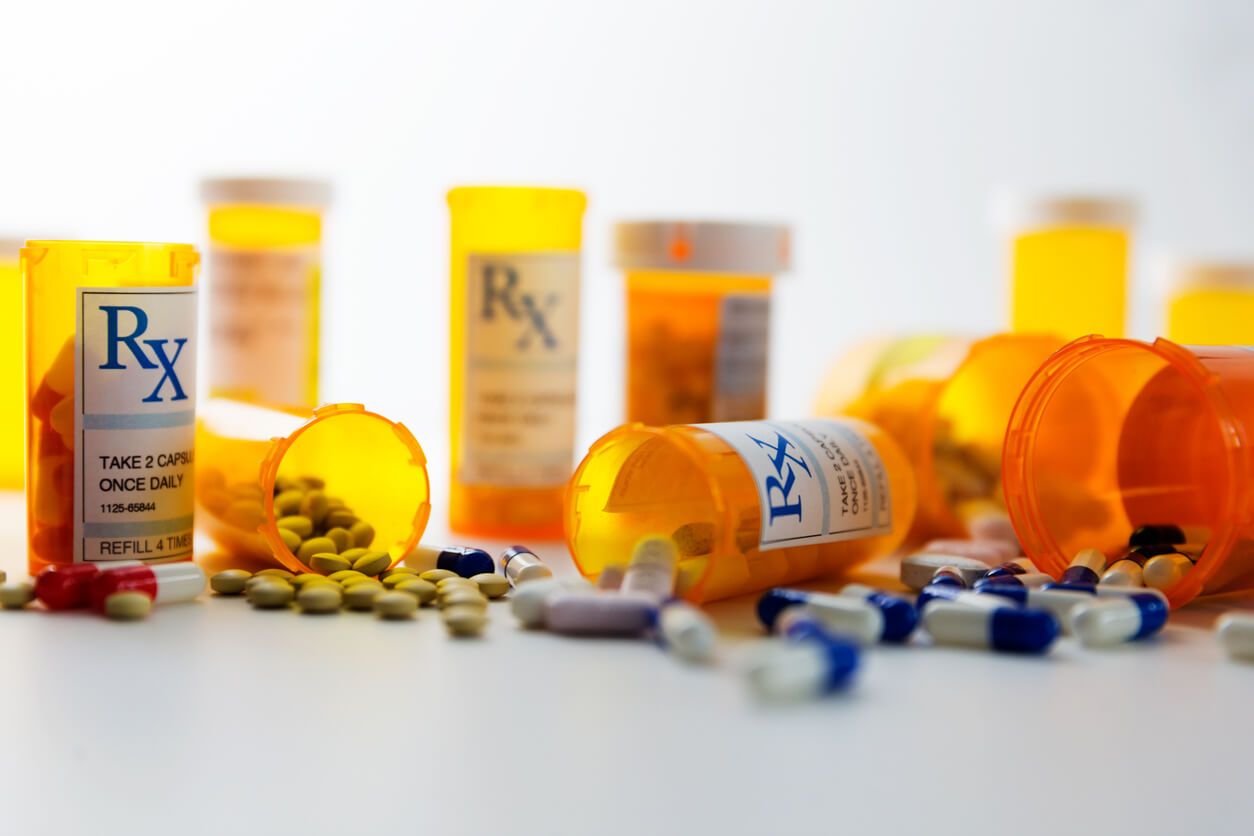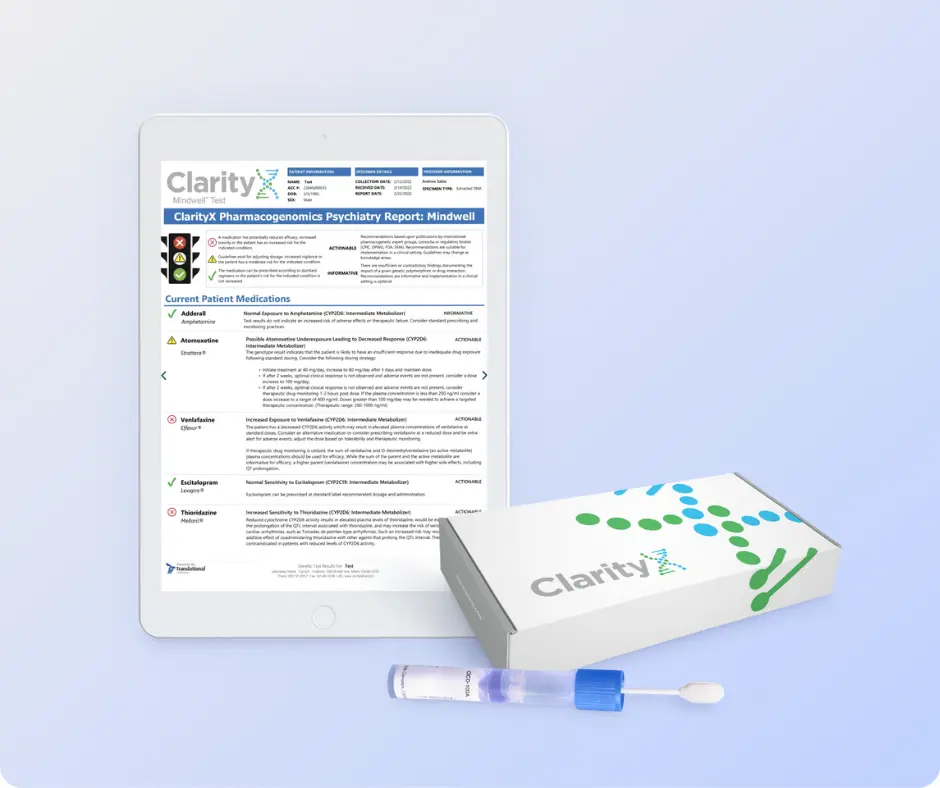Introduction
Those who have ADHD (attention deficit hyperactivity disorder) often have difficulty focusing, completing boring tasks, and deciding between multiple options. Those options are often difficult for them to assess which is the most important. This is why many who have ADHD frequently procrastinate waiting to the last-minute to complete a task; it just does not seem important enough to do yet. ADHD can lead someone to appear impulsive or inattentive. Hyperactivity is also common. The DSM-V (Diagnostic and Statistical Manual of Mental Disorders) states the symptoms of ADHD must have been present for at least 6 months with 6 or more symptoms prior to age 16, or 5 or more symptoms from 17 through adulthood.
Treatment is often multifaceted including both medicine and behavior therapy. Stimulant medications have been shown to reduce symptoms in 70-80% of children who take them, therefore stimulants are considered first line therapy for ADHD. Medication therapy is viewed as the most effective form of treatment for ADHD and is usually a doctor’s first choice of treatment. Nonstimulants have also been approved for treating ADHD, but they may not work as well or as quickly as stimulant medications. While medication can be very effective in controlling symptoms for most people, studies show there are those who may not benefit as expected from the medication because of their body chemistry and genetics. The two main types of ADHD stimulants may need to be avoided in some.
If your, or your child’s, medication for ADHD seems to make you feel worse or have no effect at all, the medication might not be the right one for your body. Or if there seems to be no improvement after you or your child started ADHD medicine, here are some steps you can take.
Understand the Medication
Stimulants, such as Adderall or Ritalin, are first line and may provide immediate improvement in symptoms. The dose may need to be adjusted for optimal control. Determining the right dosage can be tricky as it is based on how quickly the medication is absorbed into the bloodstream, rather than by weight or age. Some people need smaller doses, while others need their dose increased. If you burn through the medicine quickly, though, then a larger dose may never be enough and instead increase side effects. Finding a medication that works well with the least side effects is the goal.
Nonstimulants, such as Strattera or Qelbree, are considered second line. Patients who cannot tolerate stimulants may find some relief with these other options.
Understand that medication for ADHD does not completely remove the symptoms of ADHD. ADHD does not have a cure. Controlling and reducing symptoms such as improving a person’s attention and concentration is the goal.
Monitor Your ADHD Symptoms
Maintain an ADHD log.
- Record the time and dosage of the medicine when it is taken.
- Record the sleep schedule and rate your sleep from 1 – 5; 1 for poor sleep and 5 for amazing sleep.
- Record what and when you eat.
- Record other behaviors or symptoms that may show up.
Watch for trends. Note any sleep, eating, or other behaviors. Identify any noticeable patterns.
- time
- sleep
- stress
- illness
- diet
Monitoring your or your child’s reactions to the medication daily when medication changes are made will help you to better understand and control the symptoms of ADHD, as well as help your doctor better prescribe what works best for you. Noting any sleep, eating or other behaviors can help you identify any noticeable patterns in the long run.
Some key patterns to keep an eye out for are:
- symptoms that get worse at certain specific times of the day
- symptoms or behavior that are not showing any improvement or getting worse
- personality and mood changes such as fatigue, mood swings, trouble sleeping, becoming withdrawn, behaving drugged or like a zombie
Stimulants, the most common type of ADHD medication, have a risk of side effects, some of which may affect mood or personality. Becoming more withdrawn, having increased fatigue, having trouble sleeping, or having mood swings are possible. The best medication will lead to no major changes in mood or personality if it is working well. If you notice any such changes in your child or yourself, be it increased aggression or feeling lively and now suddenly becoming reticent, notify the doctor immediately.
Adjust or Change Your ADHD Medication
Should any of the above signs occur, speak with your doctor about your observations. The doctor will usually adjust the dosage or change the medication completely, depending on the reactions you or your child has had to the medication. There are many types of stimulants to choose from and switching to another type of stimulants may be helpful. Each medication has its own benefit and side effect profile. It may take several tries to get the right fit. For some people, stimulants may not be suitable, and the doctor would prescribe them non-stimulants instead. Non-stimulant medication still has the potential for side effects. Each person is unique, and your medication should reflect your uniqueness.
Look Into Other Treatment Options you may want to include with or without your medication therapy.
- behavior therapy
- elimination diets
- exercise
- meditation and yoga
- memory training
- neurofeedback
- omega-3 supplementation
If you or your child have already tried various medications including both stimulants and non-stimulants, or if you have had severe side effects with your current medication, your doctor may deem it unsafe for them to continue taking medication and recommend that you try alternative treatment options, such as behavior therapy.
Genetic Testing for ADHD Medications
Doctors may also recommend your child undergo pharmacogenetics testing. The Mindwell test from ClarityX provides an extensive overview of ADHD medications that can be affected by an individual’s genetics. The results can provide a plan to prescribe medications based on your unique genetic makeup. This can reduce the painful trial-and-error process and help you or your child avoid unwanted side effects when starting treatment.
References
Data and Statistics About ADHD | CDC
https://www.cdc.gov/ncbddd/adhd/diagnosis.html
https://www.webmd.com/add-adhd/childhood-adhd/adhd-alternative-treatments
NIMH » Attention-Deficit/Hyperactivity Disorder (nih.gov)





